Residents of Kitchener Centre provincial election will choose their new MPP this week, in a by-election influenced as much by party politics as much as local politics.
The former MPP, Laura Mae Lindo, resigned the seat she held for the NDP in July.
The NDP candidate is Debbie Chapman who has served on Kitchener City Council for almost five years as councillor for Ward 9, and she teaches political science at Wilfrid Laurier University.
The Liberal Party candidate is Kelly Steiss, who has worked in municipal government for over two decades. She has volunteered in different capacities to help social inclusion, including as a member of the Mayor’s Task Force for Diversity, Equity and Inclusion. Steiss has also been the president for the Waterloo Rotary Club.
Aislinn Clancy is running for the Green Party of Ontario. Clancy is currently the Ward 10 councillor for the City of Kitchener and is also the deputy leader of the Ontario Greens. Previously, Clancy worked as a social worker for the Waterloo Catholic District School Board.
Progressive Conservative candidate Rob Elliott has experience in the transportation and government sectors and a former PC party vice-president and regional organizer. Mr. Elliott does not live in Kitchener. He lives in Keswick, north of Toronto.
We spoke to University of Waterloo Political Science Professor Emeritus Robert J. Williams. During his 35 year career at Waterloo, Professor Williams taught courses on provincial, Ontario and municipal government and politics.From 1994 until 2003 he was Academic Director of the Ontario Legislature Internship Programme at Queen’s Park. He has conducted or advised on ward boundary and electoral system reviews in more than twenty-five Ontario municipalities, and testified as an expert witness before the Ontario Municipal Board in several cases involving electoral arrangements. Professor Williams has also served as President of Municipal Cultural Planning Inc., a not-for-profit organization created in late 2009 to advance the practice of municipal cultural planning in communities across Ontario.
Professor Williams provided some history of the Kitchener Centre riding and context for the by-election. He noted that the riding had voted liberal for fifteen years before the previous MPP Laura Mae Lindo and the NDP took the seat in 2018.
Professor Williams noted the fact that Rob Elliott does not live in the constituency is telling and questions why the PCs could not find anyone in the riding to run.
While the PC party casts a long shadow on this byelection, the larger political parties may also influence voters. Professor Williams talks about these wider influences and their possible impact in the Kitchener by-election.The Liberals are currently without a leader and will be holding a leadership convention on December 2. The Green party has one MPP, but the positive reputation of the Green MP Mike Morrice, may also influence voters. And while the NDP have managed to survive a controversy, Professor Williams wondered if it would cause any repercussions at the voting booth.
Professor Williams mentioned the Sarah Jama controversy, which happened when Sarah Jama a NDP MPP from Hamilton expressed sympathy for the current situation in Palestine. Marit Stiles, the leader of the NDP, kicked Jama out of the NDP caucus saying Jama had broken the trust of her colleagues. Then the Kitchener Centre NDP riding issued a statement alleging Stiles was “out of touch with the one million Muslims in Ontario.” The journalist Sabrina Nanji of the Queens Park Observer interviewed Chapman about the situation and she replied she had no knowledge of the letter. She was not aware of the letter and was not involved in its publication, in fact she said the letter blindsided her. Chapman noted three members who were involved in writing the letter resigned, and she stands by Stiles.
Professor Williams was not entirely optimisitic that the new MPP will have a lot of influence, “You are not determining who will be the premier but you are choosing someone who will … contribute as a member of a party to deliberations.”
The former MPP, Laura Mae Lindo, resigned the seat she held for the NDP in July. The Kitchener Centre riding has a population of about 105,260 and is about 42 km2. The person who does win the riding could have approximately 3 years in the job before the next election. The surrounding constituencies – Kitchener South Hespeler and Kitchener Conestoga are both held by PC MPPs, while the Waterloo riding is currently held by the NDP.
This is one in a series of shows about the Kitchener Centre by-election in which we ask candidates some of the lesser-asked questions that are important to our community.



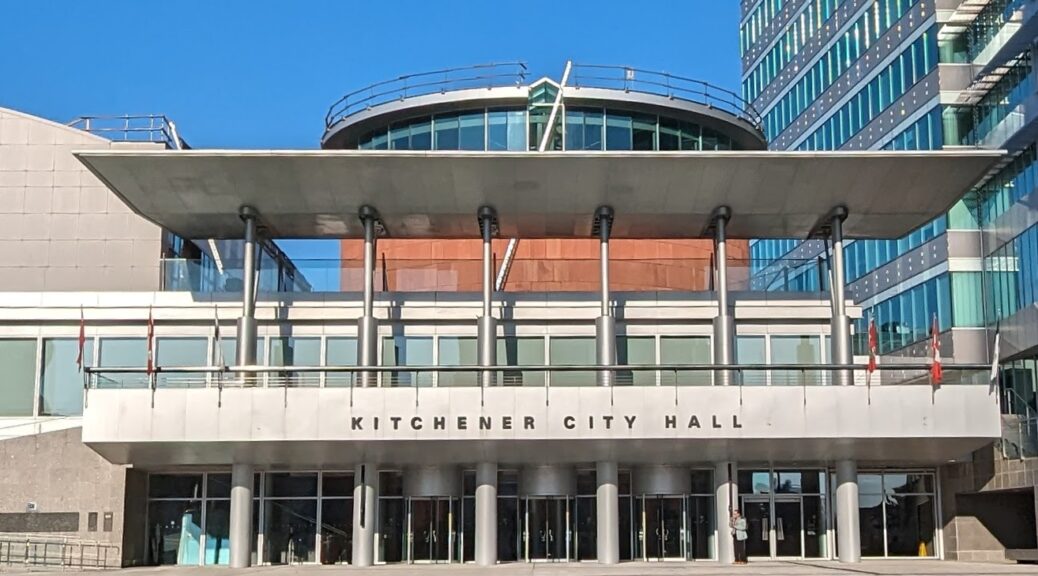
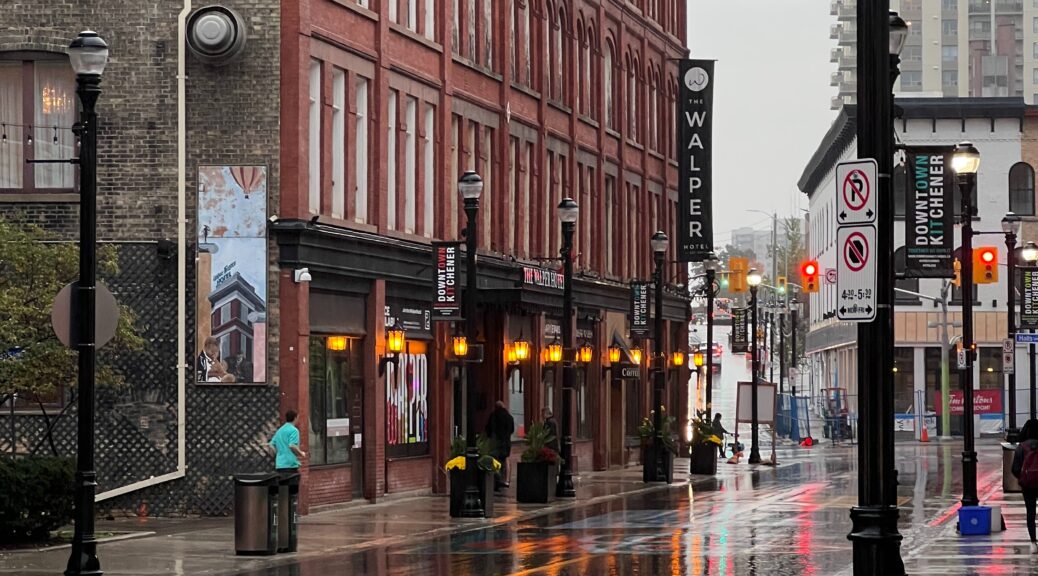


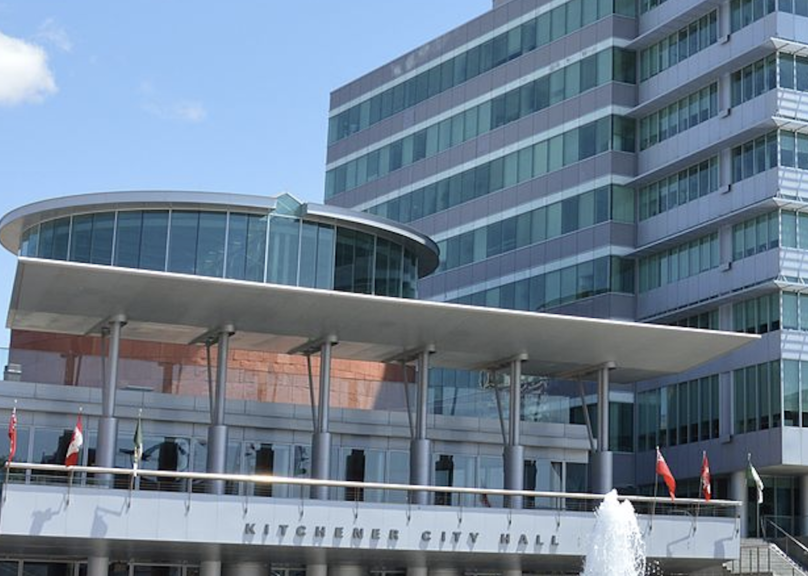
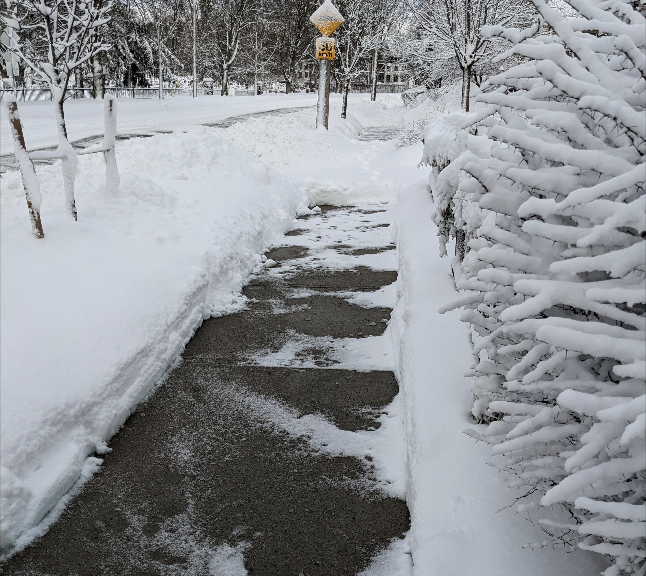

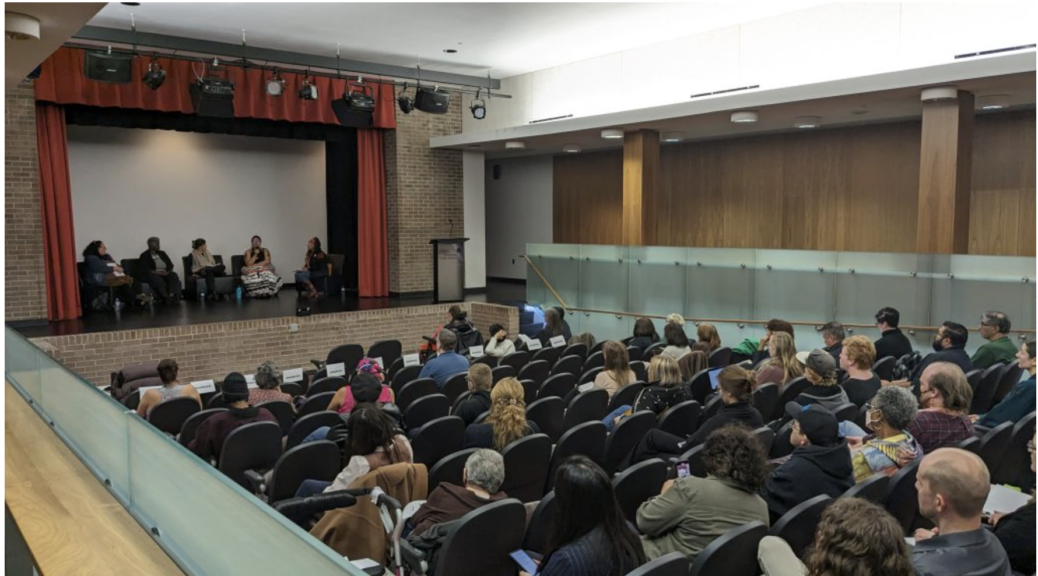

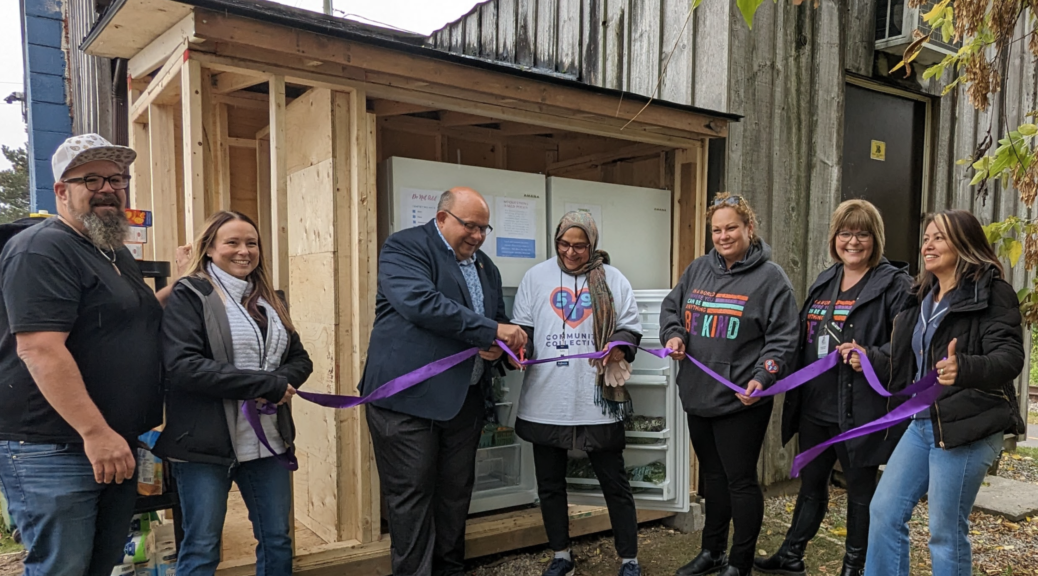







 Viewpoints
Viewpoints


